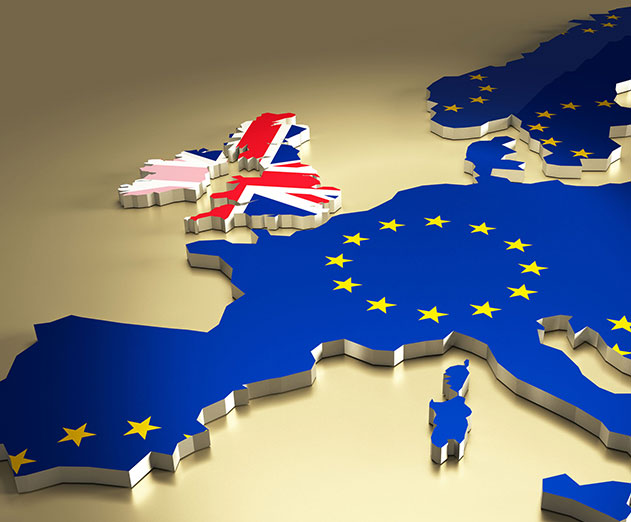How blockchain could solve UK's customs problem
Thursday, August 17, 2017

|
Austin Harris |
UK customs may see major benefits by implementing a blockchain-enabled solution to its border customs and security software in 2019.
The Brexit Secretary, David Davis has stated that a new customs system will be in place by 2019. Companies which rely on high-traffic routes on the Irish border and channel ports such as Dover are worried that new bureaucratic measures will cost both time and money as they continue to do business with EU member states. Logistics experts say that proven applications of blockchain could provide the solution to the administrative burden this will create.
Jody Cleworth, CEO of Marine Transport International, has recently overseen a successful project linking shipping supply chains using blockchain technology. He feels that the same technology can enable the UK to maintain the same ‘frictionless’ border that it currently enjoys with the EU.
Jody comments: “Blockchain offers a better way of recording customs data in a way that can be shared both securely and transparently with multiple parties. In the marine supply chain we have seen how a blockchain-enabled system can greatly reduce associated administrative costs and time delays.”
He adds: “Blockchains can be set up to give border officials automatic access to data and documents linked to the vehicle as it reaches the boarder. The added bonus is an immutable record of provenance, meaning that supply chains or goods can be traced to source and destination. This gives various agencies a real time view of what cargo and persons are arriving or departing from a specific port. For example, potentially hazardous cargo can be easily tracked without fear of going missing due to an administrative error.
“The challenges posed by a new UK/EU border must be dealt with using the best technological means at our disposal - blockchain represents one of best options at present.”
Jody Cleworth, CEO of Marine Transport International, has recently overseen a successful project linking shipping supply chains using blockchain technology. He feels that the same technology can enable the UK to maintain the same ‘frictionless’ border that it currently enjoys with the EU.
Jody comments: “Blockchain offers a better way of recording customs data in a way that can be shared both securely and transparently with multiple parties. In the marine supply chain we have seen how a blockchain-enabled system can greatly reduce associated administrative costs and time delays.”
He adds: “Blockchains can be set up to give border officials automatic access to data and documents linked to the vehicle as it reaches the boarder. The added bonus is an immutable record of provenance, meaning that supply chains or goods can be traced to source and destination. This gives various agencies a real time view of what cargo and persons are arriving or departing from a specific port. For example, potentially hazardous cargo can be easily tracked without fear of going missing due to an administrative error.
“The challenges posed by a new UK/EU border must be dealt with using the best technological means at our disposal - blockchain represents one of best options at present.”

Become a subscriber of App Developer Magazine for just $5.99 a month and take advantage of all these perks.
MEMBERS GET ACCESS TO
- - Exclusive content from leaders in the industry
- - Q&A articles from industry leaders
- - Tips and tricks from the most successful developers weekly
- - Monthly issues, including all 90+ back-issues since 2012
- - Event discounts and early-bird signups
- - Gain insight from top achievers in the app store
- - Learn what tools to use, what SDK's to use, and more
Subscribe here

_r2f0ox12.jpg&width=800)










